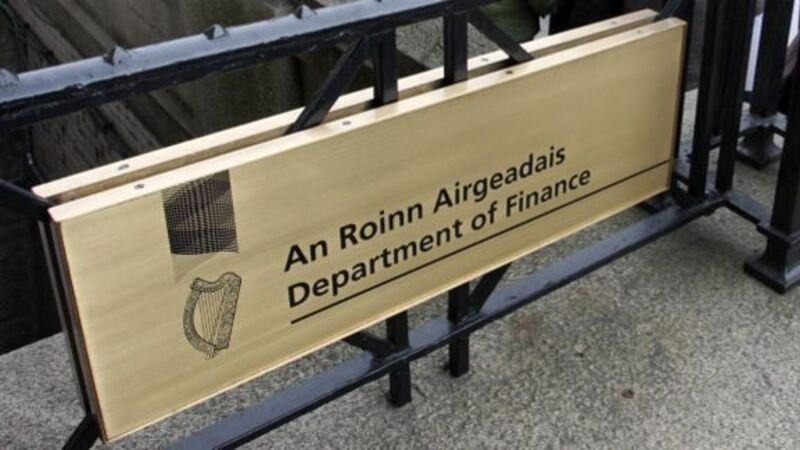Budget deficit ‘improved’ at €7.3bn

The deficit for the month of August was €2.17bn. Tax revenues and expenditure were both broadly in line with forecasts.
This is one of the last exchequer returns before the country exits the EU/IMF bailout programme in November. The agreement with the troika is that the Government will reduce the budget deficit to 3% of GDP by 2015.
The scale of fiscal adjustment is likely to cause a split between the coalition parties in the run up to October’s budget. Senior Labour Party figures want an easing in spending cuts, whereas Fine Gael ministers are in favour of sticking to the agreed consolidation path.
However, Merrion Stockbroker’s economist, Alan McQuaid, says the risks to tax revenues for the remainder of the year are on the downside.
“In its Apr 2013 Stability Programme Update (SPU), the Department of Finance revised down Ireland’s official GDP growth forecast for 2013 to 1.3% from 1.5% at budget time, and that was before the disappointing Q1 Quarterly National Accounts release, which suggested overall growth this year would be a lot lower than the SPU projections.
“Therefore, the risk to the amount of tax revenue coming into the exchequer is tilted to the downside at this stage. However, we think the department’s tax projections based on real 1.5% growth were too low to start with, so there is still every chance that receipts for the year as a whole will be in line or better than projections given the expected pick-up in the economy in the second half of 2013.”
Tax revenues for the eight months were €22.9bn, a 3.8% increase on same period last year.
Income tax and corporation tax were both ahead of profile.
However, excise duties and Vat receipts were marginally below profile. Net voted expenditure was €27.98bn. There was a 1.6% underspend in current expenditure and a 14.1% underspend in capital expenditure. The cost of servicing the national debt at the end of August was €5.4bn.
“Ireland’s strategy in the past couple of years has been to under-promise and over-deliver, a trend that we believe is likely to be maintained in 2013.
“Despite the fact that the risks to economic growth are clearly to the downside at this juncture, we still think that come end-December the budget deficit out-turn as a percentage of GDP will once more be lower than the figure officially targeted (7.4%), which will only further enhance the allure of Irish government bonds and boost the country’s chances of exiting its EU/IMF bailout on schedule. We are looking for the budget deficit to come in at 7.3% of GDP,” added Mr McQuaid.















